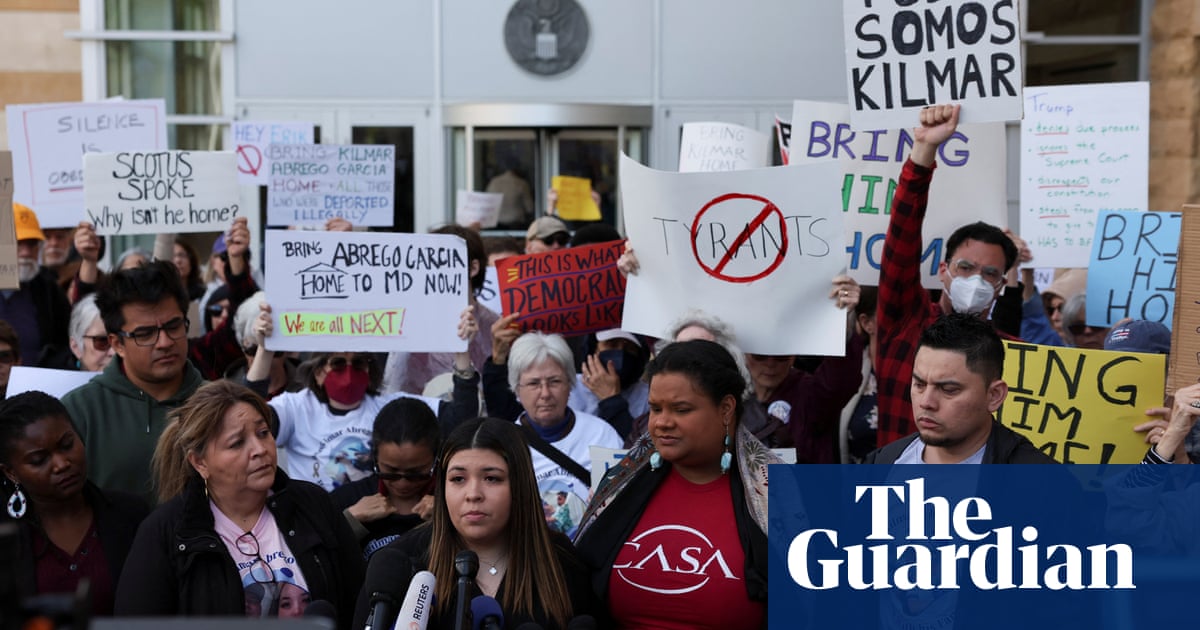Political Turmoil in the Netherlands
In a sudden twist, Dutch Prime Minister Dick Schoof announced that his coalition is now a caretaker government. This change comes after far-right lawmaker Geert Wilders withdrew his ministers over a disagreement about immigration policies. Schoof stated he would resign Wilders’ Party for Freedom ministers to the Dutch king, while the remaining cabinet will carry on until the next steps are clear.
This political upheaval arrives just weeks before the Netherlands is set to host a NATO summit, raising concerns about stability. Currently, no date for new elections has been established, but many think they won’t happen until fall.
Wilders decided to leave the coalition during a parliamentary meeting, citing a lack of action on tough migration policies. "I signed up for the toughest asylum policy, not the downfall of the Netherlands," he stated, underscoring his frustration. His party has maintained a strong presence in polls, yet faces close competition from the center-left.
Before Wilders’ withdrawal, Schoof appealed to coalition leaders to remain focused and responsible amid rising international tensions and economic concerns. Other leaders expressed shock at Wilders’ departure. Dilan Yesilgöz, from the right-wing People’s Party for Freedom and Democracy, called the move “super-irresponsible,” emphasizing that the country needs stability amid crises.
Wilders is not new to political drama. After gaining support on stringent immigration promises during the last election, his played a key role in shaping policies. Recently, he even outlined a controversial 10-point plan that involved deploying the military to manage borders and rejecting all asylum seekers. "If immigration policy isn’t toughened, I won’t stay," he warned just days before his exit.
The political landscape is shifting. Following recent elections in Poland, which saw the victory of a populist candidate, some see Wilders’ departure as part of a broader European trend towards nationalism. Experts suggest that the political climate across Europe is changing, with rising tensions leading to unpredictable outcomes in various countries.
As coalition leaders ponder the future, some believe the government could function without Wilders. Caroline van der Plas of the pro-agriculture Farmers Citizens Movement expressed disappointment, stating that Wilders is prioritizing himself over the nation.
In contrast, opposition leaders welcomed the shift. Frans Timmermans, who leads the main opposition bloc, sees this as an opportunity to reject extreme politics and calls for fresh elections. “When things get tough, extremes run away," he claimed, advocating for a more stable political approach that can handle challenges.
This unfolding situation in the Netherlands highlights the fragility of coalitions in today’s political climate, echoing trends seen in other nations where parties struggle to maintain unity amid rising populist sentiments. As the country navigates these challenges, the future remains uncertain.
Source link
Netherlands government, Geert Wilders, Dick Schoof, Netherlands, The Hague, Mark Rutte, Donald Trump, Poland, International agreements, General news, Elections, World news, Frans Timmermans, Caroline van der Plas, Politics, Political refugees, Rob Jetten, Government policy, Pieter Omtzigt





















